HOW EFFECTIVE IS STRATEGIC BOMBING?
THE WORLD OF WA R
general editor
Dennis Showalter
SEEDS OF EMPIRE
The American Revolutionary Conquest of the Iroquois
max m. mintz
HOW EFFECTIVE IS STRATEGIC BOMBING? Lessons Learned from World War II to Kosovo
gian p. gentile
GIAN P. GENTIL E
| | | | | | | | | | |
|---|
| HOW EFFECTIVE |
|---|
| IS STRATEGIC |
|---|
| BOMBING? |
|---|
| Lessons Learned |
|---|
| from World War II |
|---|
| to Kosovo |
|---|
|
|---|
 New York University Press
New York University Press
new york and london
NEW YORK UNIVERSITY PRES S New York and Londo n
2001 by New York Universit y All rights reserve d
Library of Congress Cataloging-in-Publication Dat a Gentile, Gian P . How effective is strategic bombing? : lessons learned fro m World War II and Kosovo / Gian P. Gentile .
p. cm. (World of war ) Includes bibliographical references and index . ISBN - 8147 - 3135 -X (cloth : alk. paper )
. Bombing, AerialUnited States. . World War, 1939 1945 Aerial operations, American. . Kosovo (Serbia)HistoryCivil War , 1998 Aerial operations, American. I. Title. II. Series . UG .G 46 200 . ' dc 21 00 - 04526
New York University Press books are printed on acid-free paper, and their binding materials are chosen for strength and durability.
Manufactured in the United States of America
10987654321
CONTENT S
acknowledgments vii introduction 1
. The Origins of the American Conceptual Approach to Strategic Bombing and the United States Strategic Bombing Survey
. The United States Strategic Bombing Survey and the Future of the Air Force
. The Evaluation of Strategic Bombing against Germany
. The Survey Presents Its Findings from Europe and Develops an Alternate Strategic Bombing Plan for Japan
. The Evaluation of Strategic Bombing against Japan
. A-Bombs, Budgets, and the Dilemma of Defense
. A Comparison of the United States Strategic Bombing Survey with the Gulf War Air Power Survey
afterword 191 notes 195 bibliography 251 index 267 about the author 275
ACKNOWLEDGMENT S
British historian Eric Hobsbawm noted that a person can make a contribution to historical knowl edge if he or she has the capacity for very hard work and some de tective ingenuity. While researching and writing this book I have had the capacity to work hard, yet without the patient mentoring and tutoring of Barton J. Bernstein of Stanford University I would have never pursued my topic of research or completed the book. I owe him a lot. I also owe a great deal to Lieutenant Colonel Conrad
C. Crane of the United States Military Academy (USMA) History Department who read every chapter and through many discussions taught me a great deal about air power history. Colonel Robert A. Doughty, head of the USMA History Department, provided me with important advice and criticism along the way and with a se mester off from teaching to research and write.
Many others deserve mention. Colonel Judith A. Luckett is a role model for me in scholarship and leadership. Colonel Charles F. Brower IV helped me to be a better teacher and historian. From my first days as a graduate student at Stanford through three years of teaching history at West Point, Colonel Gary J. Tocchet has been a mentor and friend. Gordon H. Chang of Stanford University forced me to think about the book as a whole and how to better tie the chapters together. A number of discussions with Dennis Showalter of Colorado College about bombing in World War II refined my overall argument in the book. Major Christopher Kolenda, Major Peter Huggins, and Major Edward Rowe provided valuable comments on all or portions of the book. Major Ian Hope of Princess Patricias Canadian Light Infantry gave me an especially helpful reading of chapter and the introduction. Steven Ross of the Naval War College critiqued an earlier version of chapter . Elizabeth Kopelman Borgwardt helped with some key passages in the book. Robert Newman of the University of Iowa (and World War II com bat veteran) gave me very thoughtful readings of the chapters. Nor ris Hundley, former editor of the Pacific Historical Review , showed me how to sharpen prose that I already thought was sharp. Major Frank Huber solved many word-processing problems for me. My graduate cohort at Stanford, colleagues at the USMA History De partment, and seminars at the Command and General Staff College and the School of Advanced Military Studies (SAMS) provided engaging intellectual environments. Colonel Robin Swan, Colonel Kim Summers, Robert Berlin, and the rest of the faculty at SAMS set the standard for me as progressive-minded defense intellectuals. Many lively and stimulating discussions with Roger Spiller of the Combat Studies Institute informed my thinking on history, culture, and theory. E-mail correspondence with Eliot Cohen, Emery M. Ki raly, Mark Mandeles, and Barry Watts, all former members of the Gulf War Air Power Survey, provided me with valuable criticism of chapter . Electronic and phone conversations with Barry Watts were especially helpful on air power history. Special thanks to the NYU anonymous reviewer for thoughtful ways to improve the book. Niko Pfund, director of the New York University Press, has pushed me toward precision and excellence.
I received help at numerous archival collections across the coun try: Dave Giardano and Wil Mahoney at the National Archives; the staff at the Library of Congress, Washington, D.C.; Joseph Caver and the staff of the Air Force Historical Research Agency (AFHRA) at Maxwell Air Force Base, Alabama; the Seely G. Mudd Library at Princeton University; the Naval Historical Center in Washington, D.C.; and the USMA Special Collections Department. Dennis Bilger of the Truman Presidential Library was the perfect finding aide; he somehow intuitively knew the documents that I needed to read. Grants from the Dean of USMA, the AFHRA, and the Truman Pres idential Library helped to pay for a number of research trips.
My parents, Al and Betty Gentile, sparked my interest in history at a very early age by telling me stories about the Great Depression and World War II. My wife Gee Won and two children, Michael and Elizabeth, are the inspiration for all that I do. I could not have completed this book without their love and support.
INTRODUCTION
I would like to again emphasize this Philosophy of the Survey... and that is with an open mindwithout prejudice, without any pre conceived theoriesto simply gather the facts. We are simply to seek the truth.
franklin dolier, December 1944
Remember that quote from the chairman of the Strategic Bombing Survey of World War II: We wanted to burn into everybodys soul the fact that the [USSBSs] responsibility was... to seek truth.... Nothing, but nothing, is more important than the integrity of our [Gulf War Air Power Survey] product.
eliot cohen, March 1992
Air power has been one of the most controversial issues for American defense policy since it first came into being as a military force in the early part of the twentieth century. Moreover, a certain component of American air power strategic bombinghas been especially controversial. Pundits have railed against its perceived ineffectiveness, advocates have praised its apparent effectiveness, and zealots have been seduced by its pro fessed cheaper cost in national blood and treasure. Over time strate gic bombings contested nature has endured. Although not the only type of American air power, strategic bombing has provided the his torical identity for airmen and their air force.

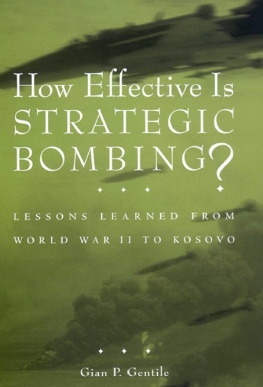

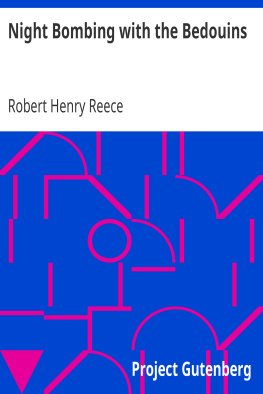
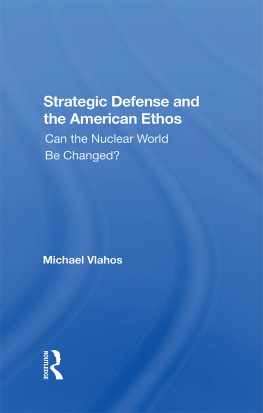



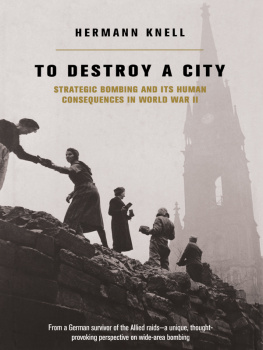
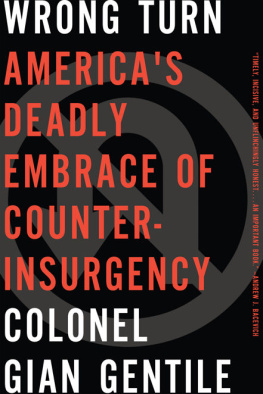
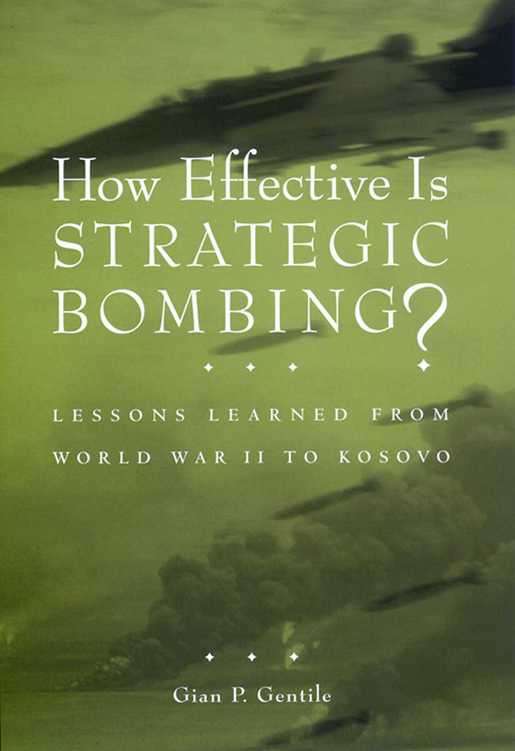
 New York University Press
New York University Press